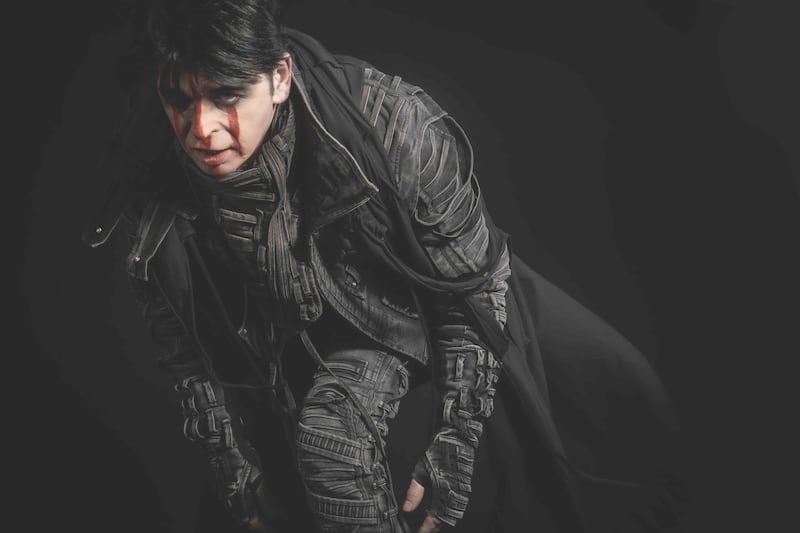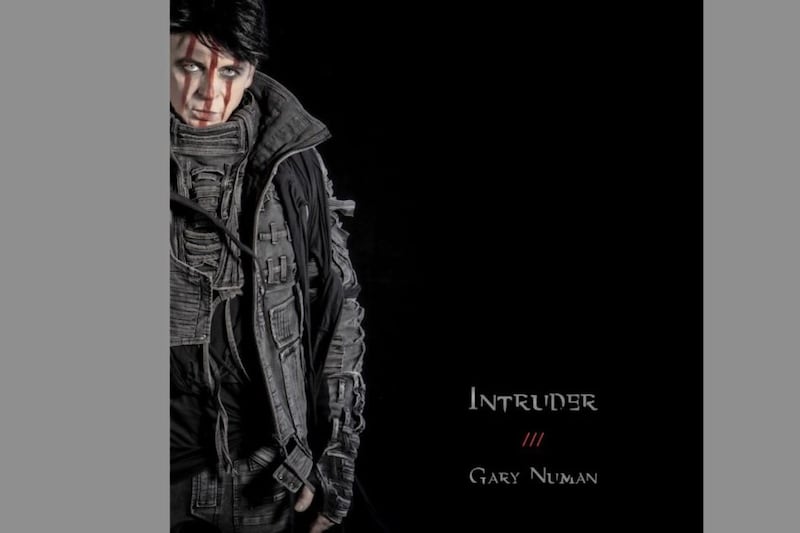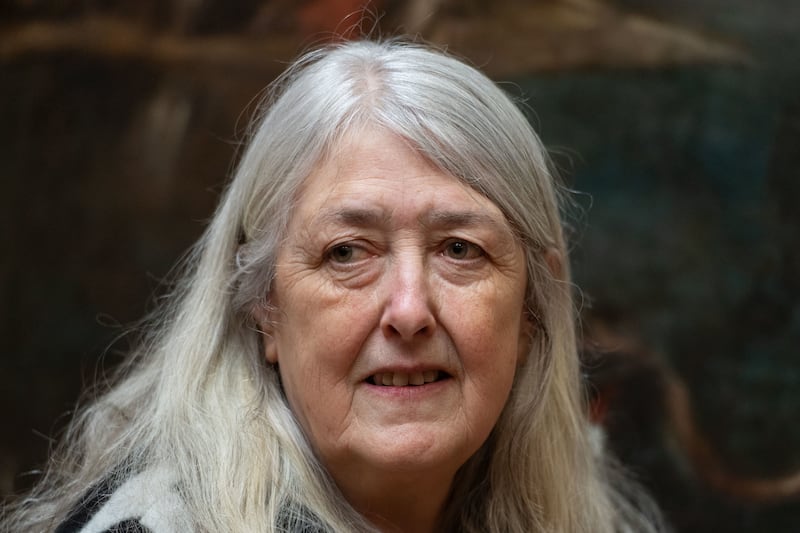“A LOT of those songs we don’t do very often, if at all, actually,” admits synthpop pioneer Gary Numan of his new tour marking the 45th anniversary of his 1979 chart-topping albums Replicas and The Pleasure Principle.
“There’s quite a few songs on both albums that I wouldn’t choose to do in a normal set. I don’t do that much old stuff anyway – in a normal set there’s maybe five songs from the early days out of 20.”
It’s understandable that Numan (66) might mostly prefer to focus on more recent successes such as his 2017 ‘comeback’ album Savage, which charted at number two, and its 2021 follow-up Intruder, which saw the LA-based Londoner filling Wembley Arena for the first time since his run of ‘retirement’ shows at the height of his fame in 1981.
However, despite being keen to maintain forward momentum – he’s currently plotting a brand new album inspired by the AI revolution – Numan has also learned to take the odd moment to appreciate the sheer magnitude of that early success, which saw him scoring three consecutive number one albums: Replicas, his second and final album as the leader of synthpunks Tubeway Army, featuring the number one single Are ‘Friends’ Electric?, his solo debut The Pleasure Principle, which included another massive chart-topper in Cars, and 1980′s Telekon LP.
“I certainly didn’t appreciate it back then,” explains Numan, who struggled to find a musical identity for many years through the 1980s and early 90s before being claimed as a key influence by a new crop of alternative electronic music acts, notably Nine Inch Nails, and finding his songs sampled on hits by the likes of Sugababes and Basement Jaxx.
Read more:
“The success came along very quickly, within a few weeks, you know – from nothing to number one with Are ‘Friends’ Electric?. It was very exciting, but I was so busy trying not to be affected by it and concentrating on what comes next, you know – where do we go from here?
“Also, the press back then were pretty hostile. That definitely sort of tainted the whole experience somewhat. I think that’s why I decided to get out of it in ‘81 and just step back, because of the pressure that came with having that level of success so quickly as somebody who was very, very young.”
Indeed, Numan – born Gary Webb – was just 21 when he first topped the charts and was barely 23 when he decided to stop touring.

“I’m also on the autism spectrum, so I had all that going on as well,” he explains.
“It was like throwing somebody that can’t swim into the middle of the ocean with sharks and being like, ‘are you enjoying that?’. Well, no, not a lot, really.
“The fact that these albums were doing what they were doing wasn’t lost on me, but I certainly didn’t enjoy it the way you would expect. The one sensible thing I did was to step back from playing live, and spend more time in the studio concentrating on the songwriting and trying to get better.
“I wasn’t particularly confident about songwriting, even though I’d had number ones. I didn’t think I’d had number ones because I was special, or because the songs were amazing – I just thought I’d been very, very lucky.”
In other words, the likes of 2019′s career-spanning (R)evolution tour – also the title of his acclaimed musical memoir – and the upcoming 45th anniversary celebration for Replicas and The Pleasure Principle offer the chance for an older, somewhat wiser and more self-confident Numan to finally enjoy performing some of his most beloved music.
He explains: “It’s unfortunate, in a way: because of the way it was before, for a long time I tried to distance myself from that period, especially Cars and Are ‘Friends’ Electric?. It seemed to create sort of a negative shadow that I spent a long time trying to come out from underneath.
“When you make your own music, over the years you feel like you get better: you feel like you understand more about songwriting, more about production, and certainly more about performing. You feel you get better, whether you’re successful or not, and you sort of regret that the newer stuff doesn’t get the attention that the early stuff does, because you think it’s better.
“And so quite often, certainly in previous years, when we have sort of gone back and looked at these old songs, I’ve not always done it with a great sense of pride. But I’ve found that, as time has gone by, I’ve learned to appreciate what those albums were.
“When I go back to them now, I do have a slightly different vibe, because I’ve learned that they were important. I’ve learned that they are considered sort of innovative and changed a lot of things.”
However, given his intervening decades of experience and musical growth, don’t be surprised if your favourite numbers sound a tad different from the 1979 originals: since being claimed as an influence by electro/industrial godheads like Trent Reznor and Al Jourgensen (when we speak, Numan has just recently returned from a US tour with Jourgensen’s outfit, Ministry), the synth pioneer has reciprocated by incorporating a heavier approach to his latter day music and performances.
“On The Pleasure Principle, we didn’t have any guitars on it,” offers Numan, a father of three whose daughter, Raven, is currently making headway with her own music career.
“I was all about trying to make the songs purely electronic because I was having such a hard time with the press and the things they were saying about electronic music.
“So, there was a reason I felt the need to do that then – but I don’t feel that need anymore. Now, you can bring new things in which do make them sound, not particularly different, but just sort of undefinable better.
“These days, you are thinking about the power of it and trying to make it more of a sonic assault rather than just bopping away in the background with little synthesisers.”








